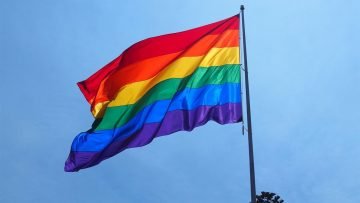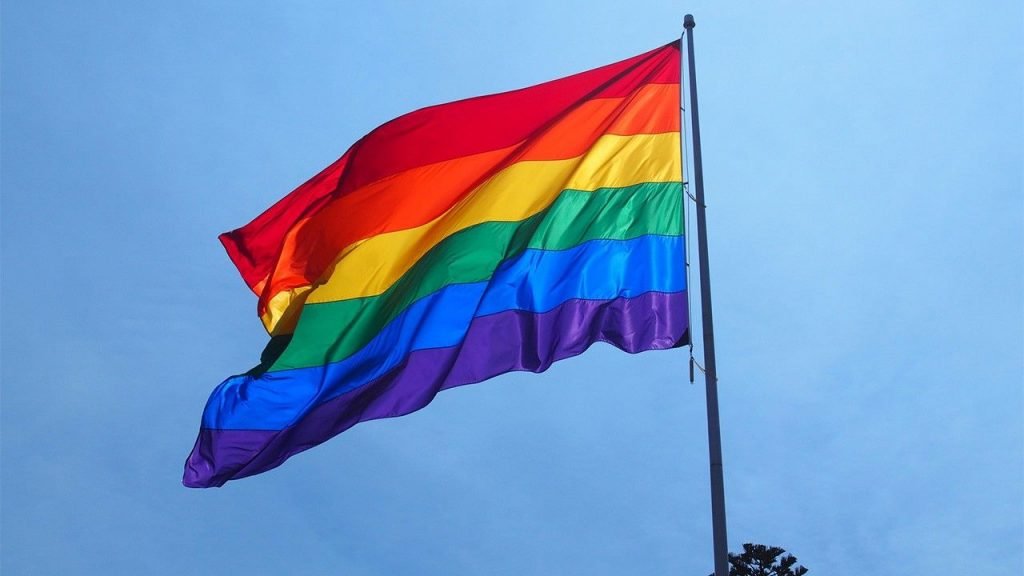
Discrimination is nothing new, unfortunately. But the ways that discrimination manifests itself vary over time. The LGBTQ community today faces financial discrimination in a number of different forms, but there are three that stand out in particular as they affect the person’s financial options, accommodation options, and their earning potential through discrimination in the workplace.
Financial Discrimination
Financial discrimination can take a number of different forms, discrimination against the LGBTQ community is just one example. Financial discrimination includes rejecting applicants during the hiring process on the basis of their sexual orientation, withholding promotions from workers because of their sexual orientation, or paying LGBTQ employees less than other workers.
Members of the community have also faced discrimination when applying for loans, leaving many struggling to access the same financial services as other people. We are used to borrowers facing difficulties taking out loans if they have poor financial histories, although it is possible to apply for a payday loan for bad credit online from Loan Pig USA, and there are other forms of borrowing for those with poor credit. However, the notion that someone might be refused financial services on the basis of their gender or sexuality is alien to most of us.
Unfortunately, there is still no federal law in place that makes it illegal to discriminate against people on the basis of their sexual orientation. In fact, a number of states have gone above and beyond in ensuring that businesses have the right to discriminate against the LGBTQ community on religious grounds.
Redlining
Redlining is a specific form of discrimination, one that has traditionally been used against African-Americans in the US. Prior to the passage of the Fair Housing Act, which was signed into law in 1968, redlining was common as there were no legal protections in place for ethnic minorities. This meant that the overwhelmingly white majority with property to rent or sell would be able to refuse to sell to ethnic minorities.
This contributed to the segregation of many cities, even in the more liberal parts of the US. White neighborhoods stayed white because selling to non-whites was discouraged socially, and in some cases politically, in many areas.
Since the passage of the law, redlining has become less prevalent, but it is still a serious issue. It is also not an issue that only applies to ethnic minorities in the modern world; other minorities also face discrimination in the property market.
For the LGBTQ community, this can manifest as difficulty in finding affordable accommodation. A restricted choice of accommodation means a restriction of other opportunities as well. For example, your job opportunities will be curbed because you will need to be able to afford to travel there every day.
Job Discrimination
Discrimination in the workplace can manifest at the interview stage, or it can occur after the person has already started their job. Members of the LGBTQ community often face rejection from workplaces during the interview phase or find a hostile environment once they start working. This can restrict their professional opportunities and lead to them earning below their worth.
These are just some of the forms that financial discrimination against the LGBTQ community can take. If you think you have been the victim of illegal or unconstitutional discrimination, contact the ACLU today.
This is an article provided by our partners network. It does not reflect the views or opinions of our editorial team and management.
Contributed content

IntelligentHQ Your New Business Network.
IntelligentHQ is a Business network and an expert source for finance, capital markets and intelligence for thousands of global business professionals, startups, and companies.
We exist at the point of intersection between technology, social media, finance and innovation.
IntelligentHQ leverages innovation and scale of social digital technology, analytics, news and distribution to create an unparalleled, full digital medium and social business network spectrum.
IntelligentHQ is working hard, to become a trusted, and indispensable source of business news and analytics, within financial services and its associated supply chains and ecosystems.












